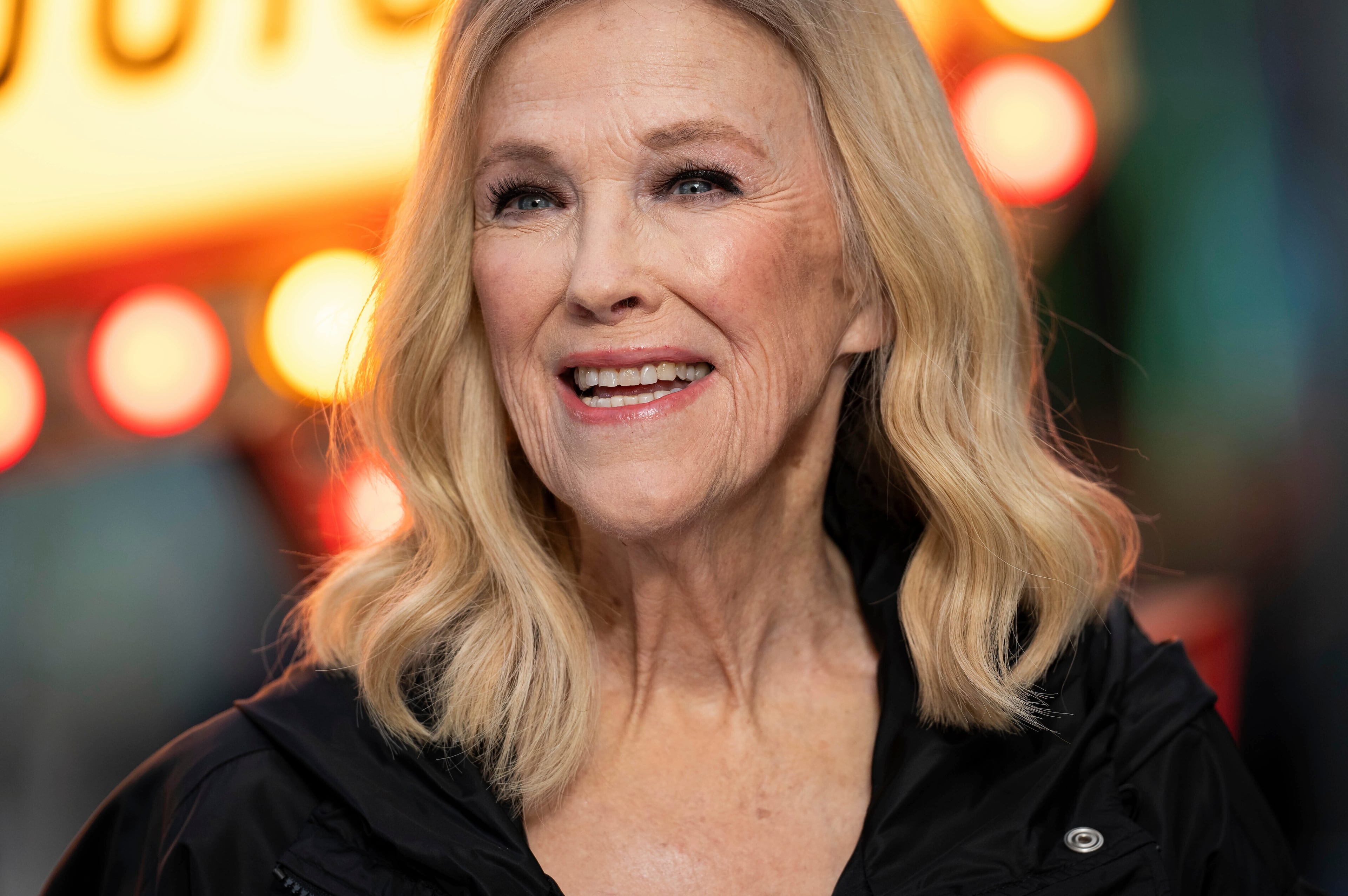From screen to scrubs: How media influences the nursing profession
When we think of nurses, we often picture the compassionate caregivers we see on our favorite medical dramas. From the resilient Carol Hathaway on “ER” to the dedicated Jackie Peyton in “Nurse Jackie,” these portrayals have a profound impact on how society perceives the nursing profession.
But just how accurate are these depictions, and what effect do they have on the field as a whole?
On the one hand, positive media representations can inspire people to pursue a career in nursing. “Grey’s Anatomy,” for example, has influenced some to become nurses or doctors. Laura Tiu, who played a nurse on the show for 14 seasons, said, “It was such an inspiration to be on set, I looked into being a real nurse and I went ahead and got my master’s degree in nursing,” ABC News reported.
Moreover, depicting nurses as competent and essential health care professionals can enhance public perception and respect for the profession, according to Nurse.com. This improved perception can lead to better working conditions, higher pay, and more support for nursing education and training programs.
Diverse and positive representations of nurses also can help attract a broader range of people to the profession. Shows like “Scrubs” and “Call the Midwife,” which feature nurses from various genders, backgrounds and ethnicities, promote a more inclusive view of nursing, Nurse.com said. This diversity can encourage people from underrepresented backgrounds to pursue careers, bringing varied perspectives and experiences that enhance patient care.
On the other hand, media portrayals of nurses are not always entirely accurate. They often overdramatize the medical environment, focusing on constant emergencies and personal workplace drama, which can lead to misconceptions about the profession, according to Nurse.com.
Doctors on popular TV shows frequently perform tasks nurses handle in real life, such as administering medications, blood products and chemotherapy. Tracy Jones-Darnell, a faculty member for Walden University’s RN-BSN program, explained to Nurse Journal that in reality, physicians order the medication, the pharmacy fills the prescription and nurses administer it.
“As a registered nurse for 25 years, it is frustrating to see shows depict physicians performing aspects of patient care that nurses routinely handle,” she said.
Despite these limitations, accurate and positive representations can help address the global nursing shortage by inspiring more individuals to enter the field, according to Nurse.com. Collaboration between TV or movie producers and nursing professionals can lead to more authentic depictions of the profession, broadening viewers’ understanding of the scope and opportunities within nursing.



